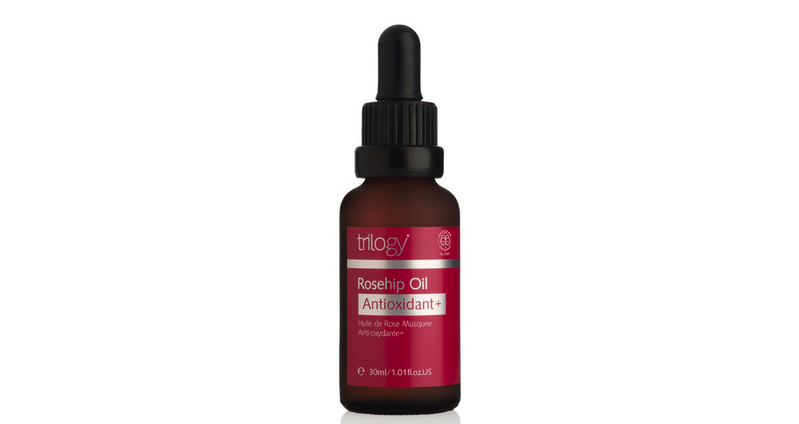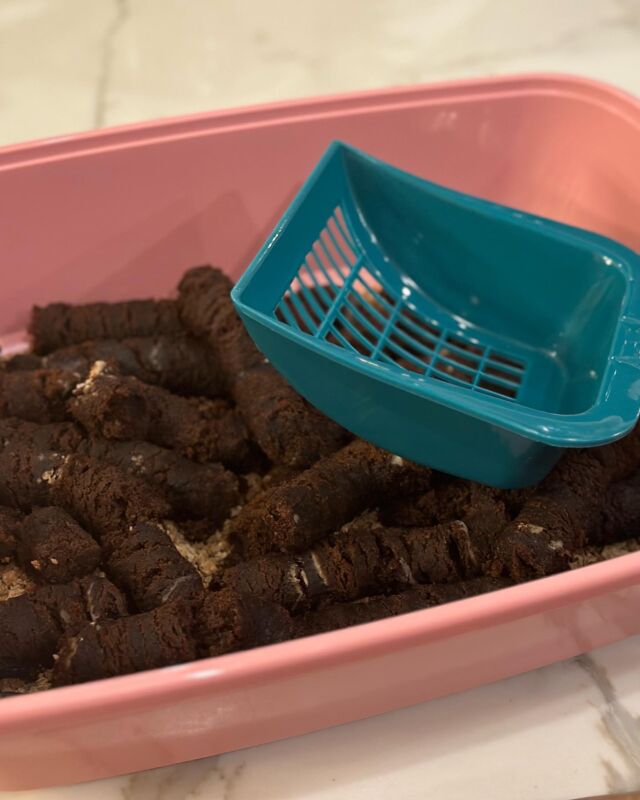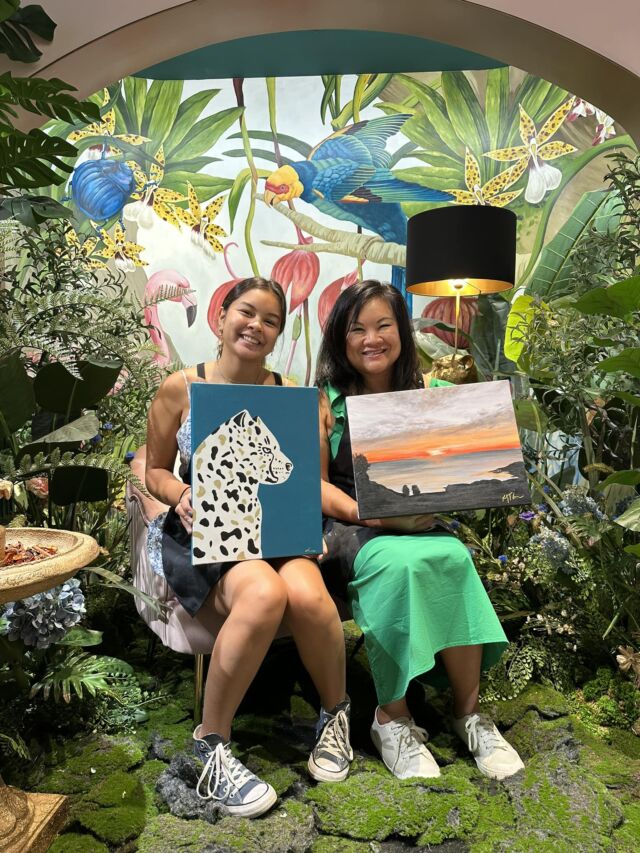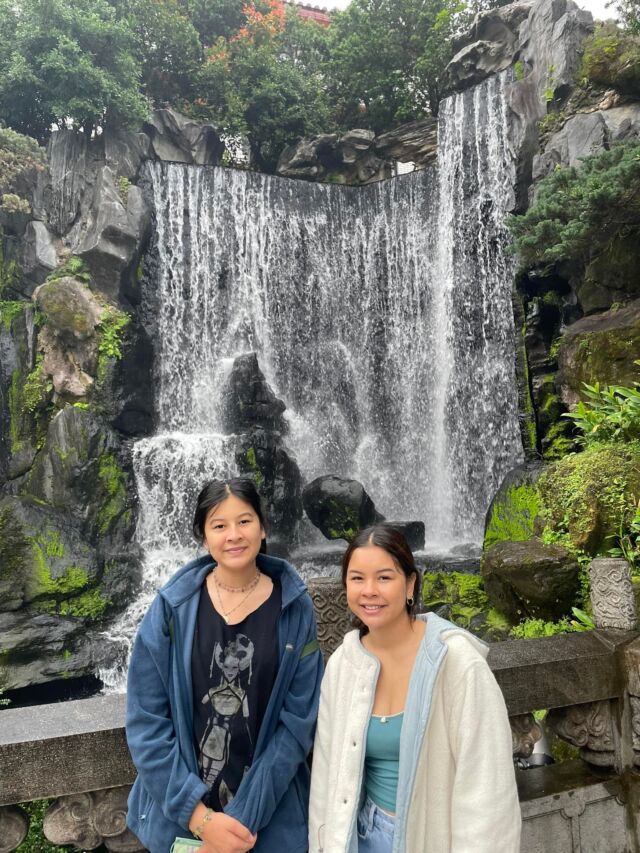As we age, our skin develops different needs and we have to change our routines to keep it looking its best. How to do that, though, isn’t always clear. To find out the best way to care for skin as we age, Corinne Morley of Trilogy, a certified natural skincare company with fans like Kate Middleton and Cara Delevigne, offers her expert tips. Takeaway: use sunscreen now and your sixties will thank you!!
20s
Our 20s are the days of our most fresh-faced complexion. With the teenage years behind us, we may still be dealing with occasional blemishes, but starting to think seriously about looking after our skin. The care you give your skin now will determine what you look like in the future, so this is the time to set some rules and establish a skincare routine. Get into the habit of cleansing every night, even after late night parties, and always, always use sun protection during the day.
30s
As we move into our 30s, we may start to notice fine lines appearing, particularly around the eyes, and collagen and elastin fibers can start to lose their “spring.” Antioxidant-rich treatments deliver multiple benefits, repairing, hydrating and protecting our skin from internal and external aggressors.
40s
Our 40s are often the time we’re looking for correcting products in our skincare to hide pigmentation, age spots, etc. As elasticity and collagen decline, skin is less resilient and loses moisture more easily. Recovery time is also slower, so skin may appear dull and late nights can really show! If you don’t yet exfoliate your skin on a regular basis, it’s important to introduce this step into your regime now. Brightening treatments are also useful for maintaining a radiant complexion, and deep hydration is essential, especially at night when your skin is in its natural “regeneration mode.”
50s
Cell turnover slows significantly in our 50s and skin may appear more tired and dull. Pores can become more visible and collagen becomes more fibrous, making skin appear thinner and less elastic. Expression lines are deeper and no longer disappear when not in use. Menopause can create havoc with our skin, and everyone experiences it differently – skin can become ultra-dry, more sensitive, blotchy or start to show blemishes. Take extra care, as your skincare regime will likely require a personalized approach to deal with individual concerns.
60s
Hitting your 60s can actually be a great time for your skin as it settles and becomes less prone to hormonal impacts. Obviously aging becomes evident, but the extent to which it’s visible on your skin really does depend on how you’ve cared for your complexion in the past. Your regime now is governed by how your skin has fared over the decades. You may still be using products to deal with pigmentation, age spots and skin texture, or it may simply need rich nourishment and hydration.









